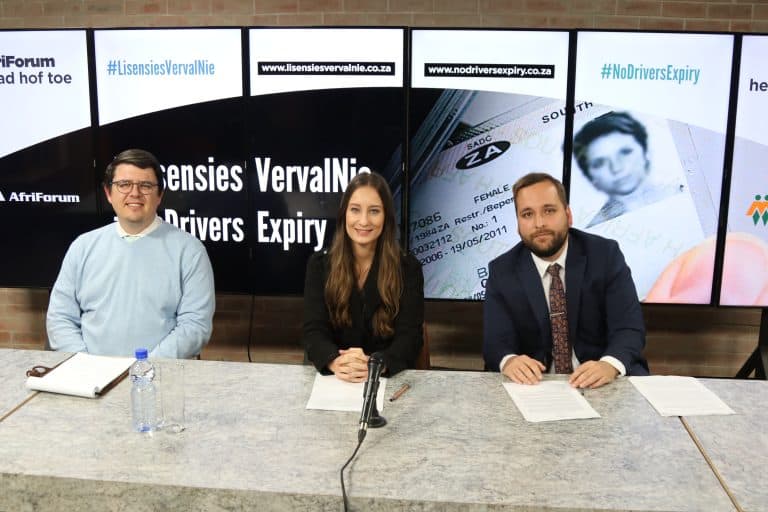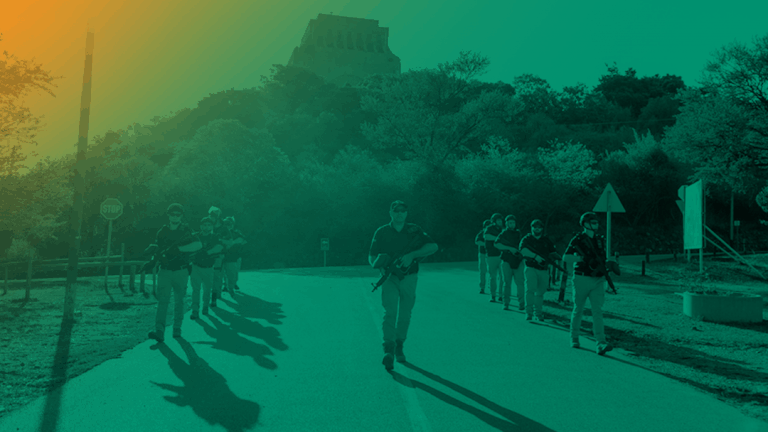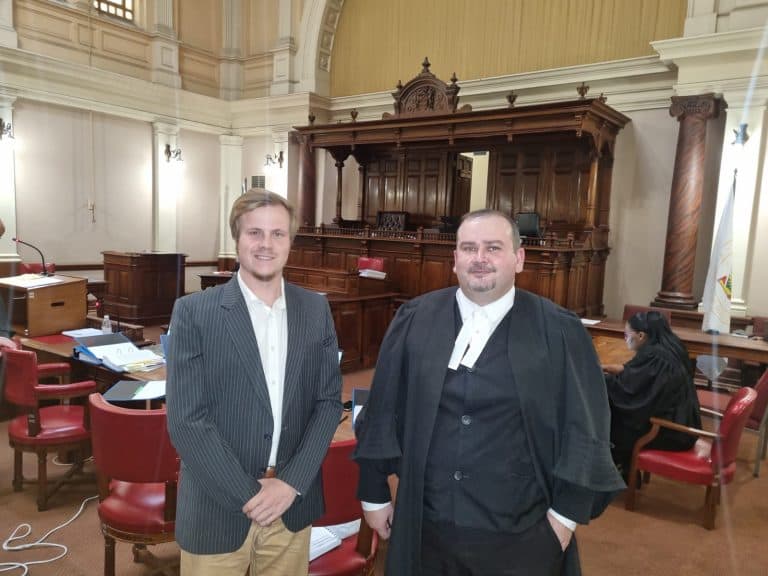Scrap TV licences!
AfriForum pushes for scrapping of TV licences and privatisation of SABC in parliamentary submission
Scrap TV licences and privatise the SABC. This is what the civil rights organisation AfriForum is pushing for in its comments on the South African Broadcasting Corporation SOC LTD Bill [B32-2023] which was submitted to the Portfolio Committee on Communications and Digital Technologies today. In its submission AfriForum proposes these two solutions for the SABC’s prolonged and continued struggles with funding, corruption, mismanagement and wasteful expenditure. AfriForum’s main solution proposes the privatisation of this state-owned enterprise. However, if the government rejects this decentralisation of state power, the alternative is for TV licences to be scrapped. Either way, the current dysfunctional status quo cannot continue.
In its written submission AfriForum argues that privatisation would reinvigorate the SABC and lead to better efficiency, higher quality programmes, as well as financial stability. Privatisation would also help fight corruption and mismanagement. In regard to the arguments for scrapping TV licences, AfriForum cite the sky-high rates of evasion and non-compliance, as well as the unjustifiable extra financial burden it places on poor households. AfriForum also suggests possible alternative sources of funding such as funding through partnerships, sponsorships and collaboration with private entities.
According to Ernst van Zyl, Head of Public Relations at AfriForum, the South African government has had more than enough time to turn the dire and deteriorating situation at the SABC around. It’s time for an alternative – a non-state-centric approach.
“TV licences have proved to be a woefully ineffective source of funding for the SABC. In 2022/2023 the evasion rate for paying TV licence fees stood at a staggering 87%. TV licences should therefore be scrapped and replaced with an alternative funding model that actually works. In the case of the SABC being privatised, TV licences would naturally become a thing of the past,” concludes Van Zyl.









